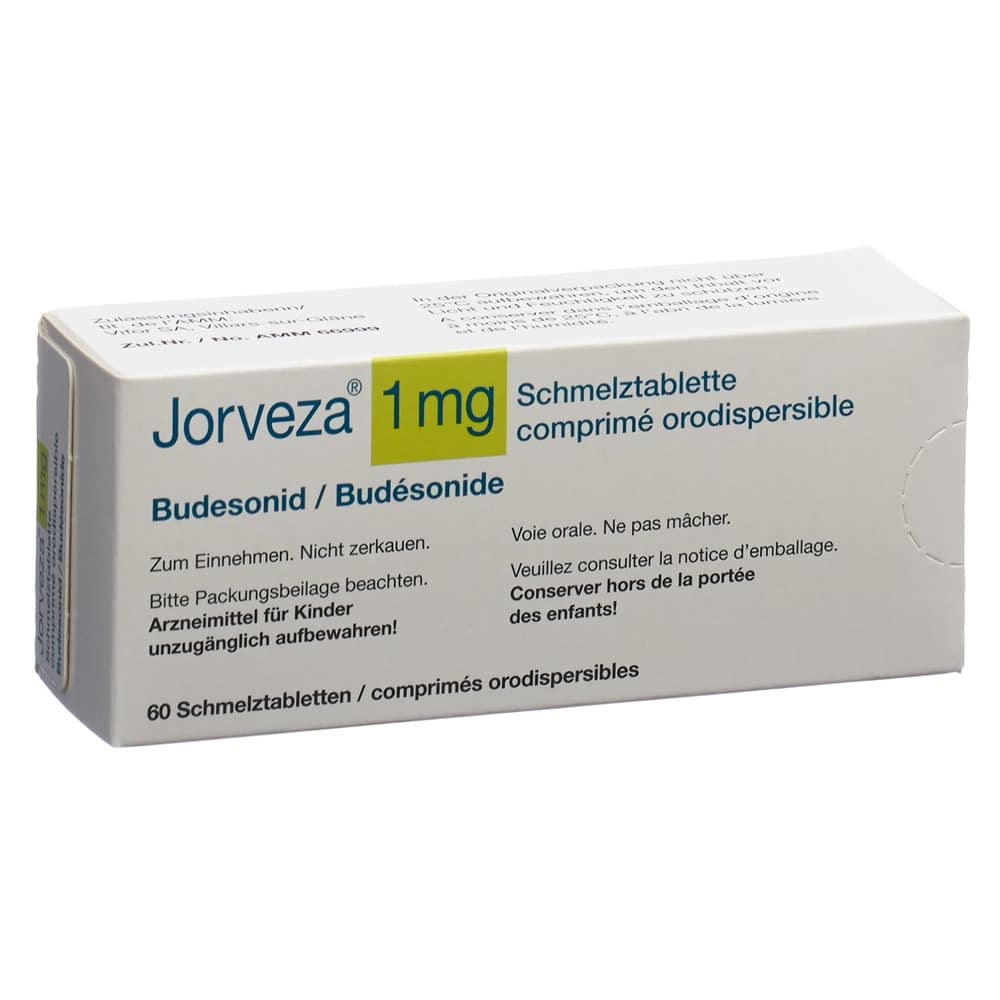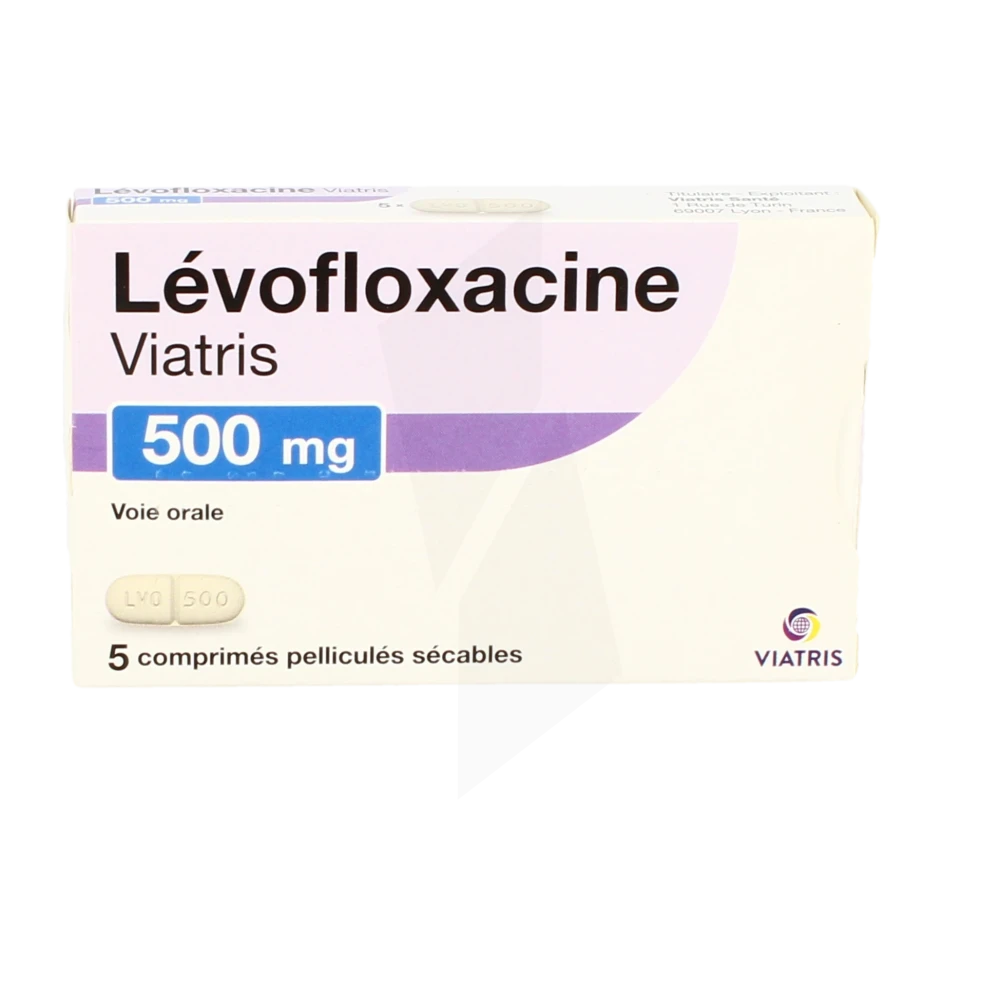The treatment of respiratory conditions requires special attention, both in the selection of medications and their effects. Budesonide is a powerful pharmacological agent, primarily used in inhalation form to relieve symptoms of asthma and obstructive airway diseases. Due to its anti-inflammatory and bronchodilator properties, it is widely prescribed to patients suffering from bronchial obstruction. However, this molecule is not without side effects, which can sometimes reduce the quality of life for users. For example, some patients may experience sore throat, cough, or even more severe symptoms such as tremors or depression. Exercise caution when prescribing budesonide, particularly taking into account contraindications such as drug allergies or the presence of uncontrolled infections. Close consultation between the doctor and the patient is essential to optimize the benefits of budesonide while minimizing risks.

Medical Prescription of Budesonide: Use and Risk Assessment
Budesonide is a medication primarily used to treat respiratory conditions such as asthma and chronic obstructive pulmonary disease (COPD). Classified among inhaled corticosteroids, it works by reducing inflammation in the airways, thereby improving patients’ breathing. Budesonide is usually administered as an inhalation or nebulization, depending on the specific needs of the patients and the severity of their symptoms.
Before prescribing budesonide, it is essential for the doctor to conduct a thorough evaluation of the patient. This includes reviewing medical history, assessing current symptoms, and determining the most appropriate method of administration. The usage framework must be strictly adhered to, as the dosage and frequency of administration can vary significantly from one patient to another. Clear recommendations and regular follow-up are necessary to maximize the benefits of the treatment while minimizing risks.
Side Effects of Budesonide: Necessary Attention
Despite its advantages, the use of budesonide is not without risks. The side effects associated with this medication can be varied and affect several body systems. Among the most common adverse effects are sore throat, cough, and changes in voice, up to a hoarse voice. These symptoms are often temporary and may diminish over time, highlighting the importance of open communication between the doctor and the patient.

Frequently Asked Questions about Budesonide
What are the main uses of budesonide? Budesonide is an inhaled corticosteroid primarily used to treat asthma and chronic obstructive pulmonary disease (COPD). It helps reduce respiratory symptoms by exerting an anti-inflammatory and bronchodilator action on the airways.
What are the common side effects of budesonide? The most frequent adverse effects include sore throat, cough, a hoarse voice, and thrush of the mouth and throat, occurring in 1 to 10% of cases.
Are there less common side effects? Yes, some less common effects (less than 1% of cases) may include muscle spasms, tremors, anxiety, depression, cataracts, and blurred vision.
What are the contraindications for budesonide? Budesonide should not be used if the patient is allergic to budesonide or any of its components. It is also contraindicated in cases of infection or fungal infection that are not controlled by appropriate treatment.
Are precautions necessary?












